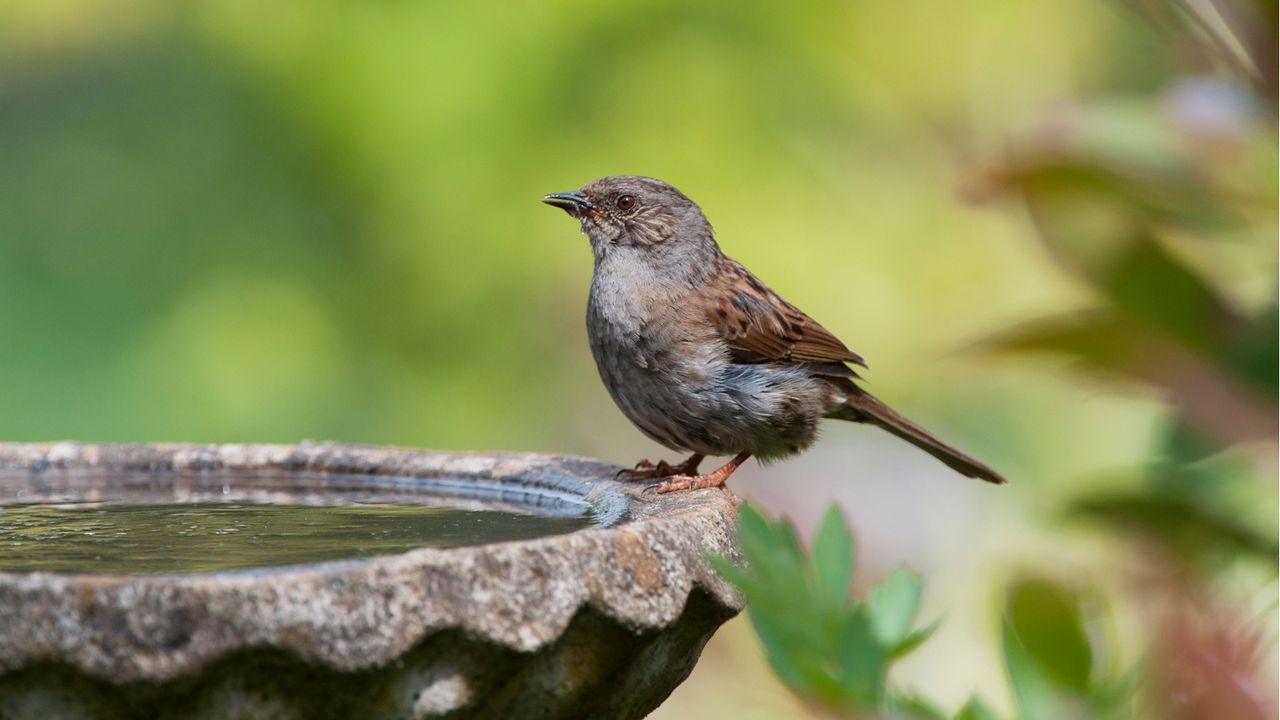URGENT UPDATE: With temperatures soaring this summer, experts are calling on gardeners to take immediate action to help garden birds survive the extreme heat. As birds struggle to cope with rising temperatures, simple steps can make a critical difference.
In a time when hot, dry conditions are draining energy from garden wildlife, experts recommend three essential actions that will keep birds hydrated, cool, and well-fed. With many birds at risk during this summer heatwave, your backyard can be a lifeline.
1. Provide High-Energy Foods
Experts stress the importance of offering high-energy foods to combat the heat’s draining effects. Michael Clarke, founder of Yardwork, emphasizes that foods such as live or dried mealworms and black-oil sunflower seeds are vital. These options deliver essential protein and fat that birds need to maintain their energy levels. Additionally, fruits like apples and pears provide hydration and natural sugars to help combat the heat.
2. Ensure Fresh Water Sources
Access to clean water is crucial during heatwaves. Siobhan Shaw, founder of Growing to Give, insists that fresh, cool water can be life-saving for birds. Experts recommend refilling bird baths or shallow dishes early in the morning and at dusk when bird activity peaks. Don’t forget about nocturnal visitors like owls who also need hydration during warmer nights.
3. Create Shady Spots
Birds need shade just as much as humans do. Clarke advises opting for native trees and shrubs that can provide natural cover. Installing shade cloth or using garden umbrellas near feeding stations can create cooler environments for birds seeking refuge from the sun.
As temperatures continue to rise, these actionable steps are not only critical for bird survival but also enhance your garden’s appeal, attracting more feathered friends. The impact of these simple practices extends beyond birds, also benefiting other wildlife like pollinators.
Experts warn that signs of heat stress in birds, such as gular fluttering (when birds sit with their beaks open), indicate immediate action is needed. Gardeners are reminded to remain proactive in their efforts, not only through the summer but into the cooler months, ensuring a supportive environment year-round.
Stay tuned for further updates on wildlife care during extreme weather conditions, as these practices are essential for a thriving garden ecosystem. Share this information with fellow gardeners to spread the word and ensure a safe haven for our avian friends this summer.
